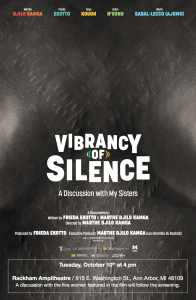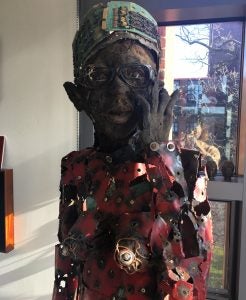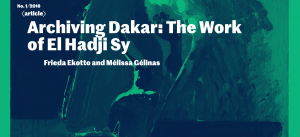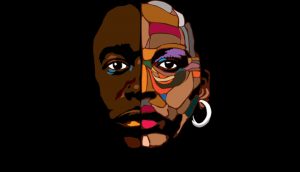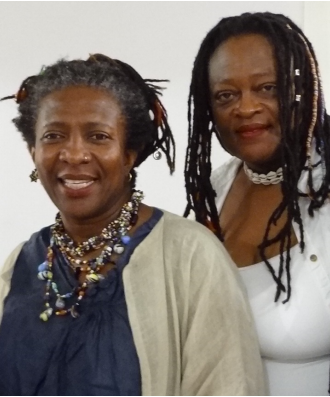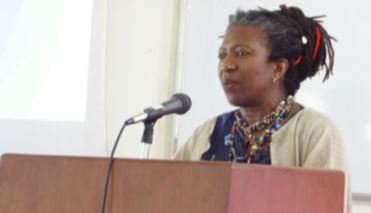In Spring 2018, Frieda will teach a new undergraduate seminar titled African Cinema. The course is numbered Afroamerican and African Studies 440 and is cross listed with Screen Arts and Culture 440:
This course will concentrate on images produced on the concept of global blackness. We will first define what we mean by ‘Global Blackness’ and then analyze how filmmakers use images and narratives to challenge and change the spectator’s positioning as it concerns the possibilities of understanding blackness around the world. We will problematize questions of national identity through contemporary issues such as race, racism, ethnicity, sexuality along with class and gender. At one level, we will concentrate on cinema as a language, an ideological discourse that aims to provide a critical exploration. At another level, we will analyze how cinema produced by blacks is rooted in the ongoing struggle for the need to be part of national discourses, and how black cinema offers images that are consistently different from those presented mainstream cinema around the world.



